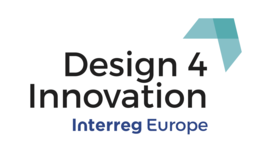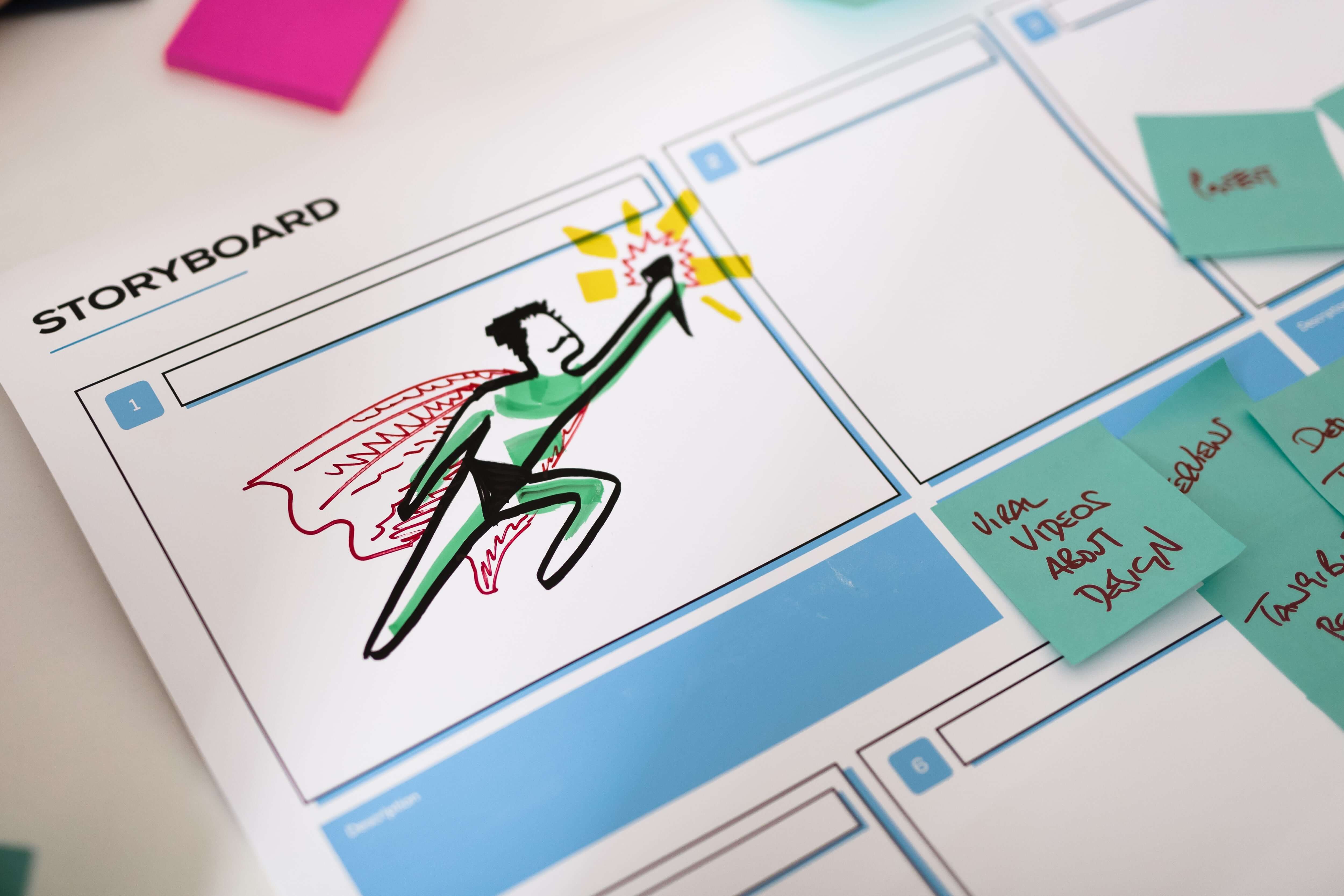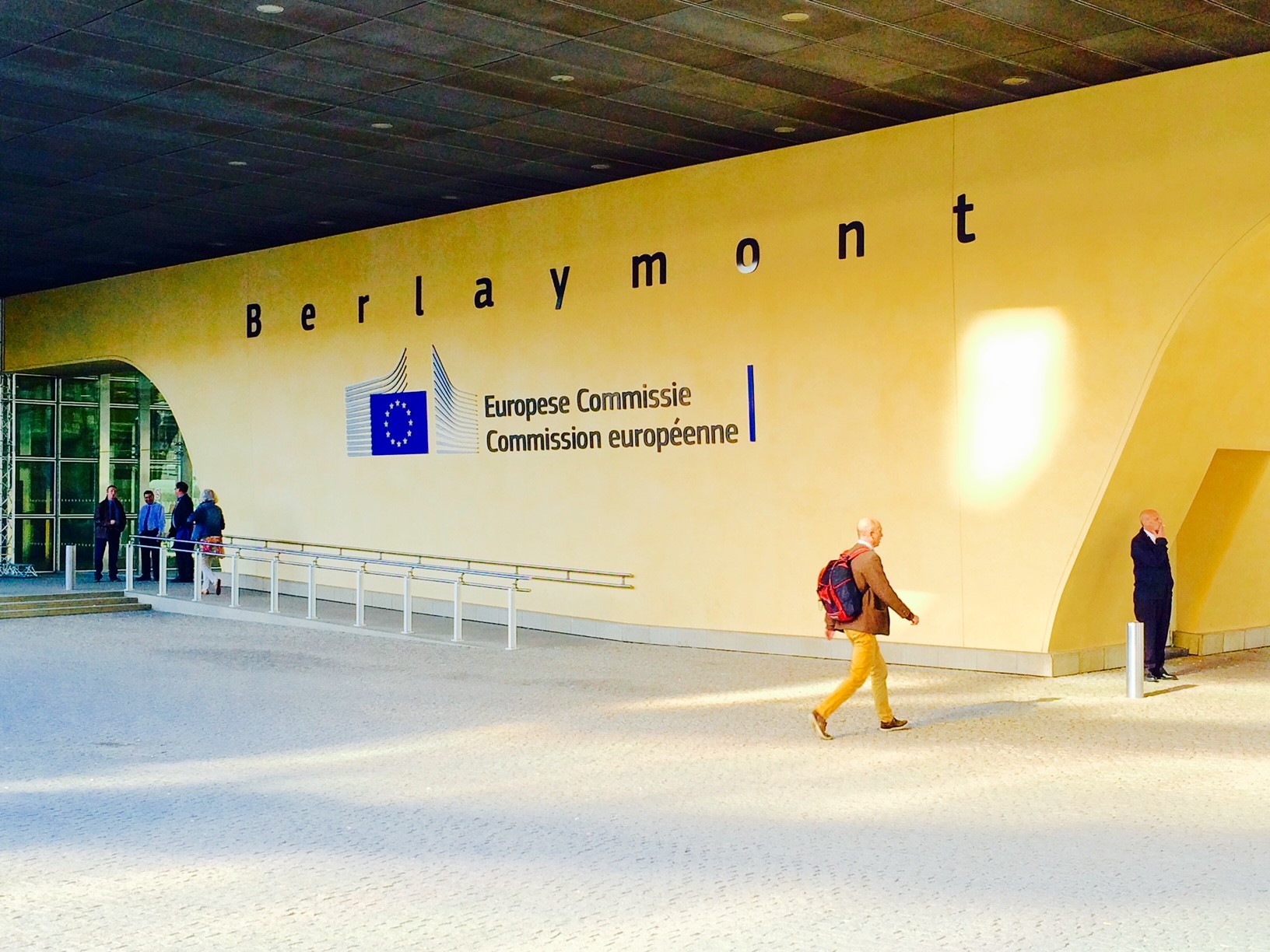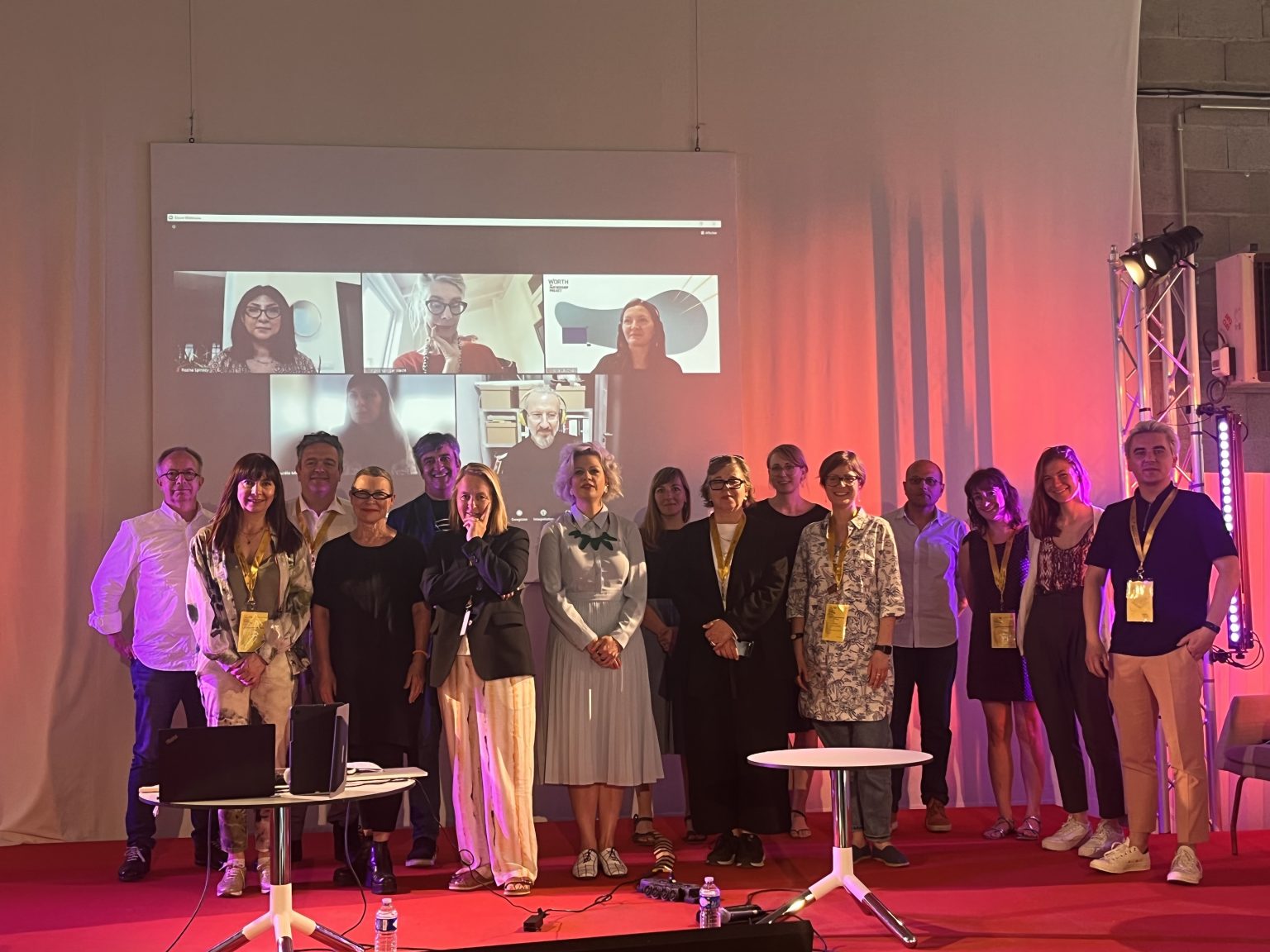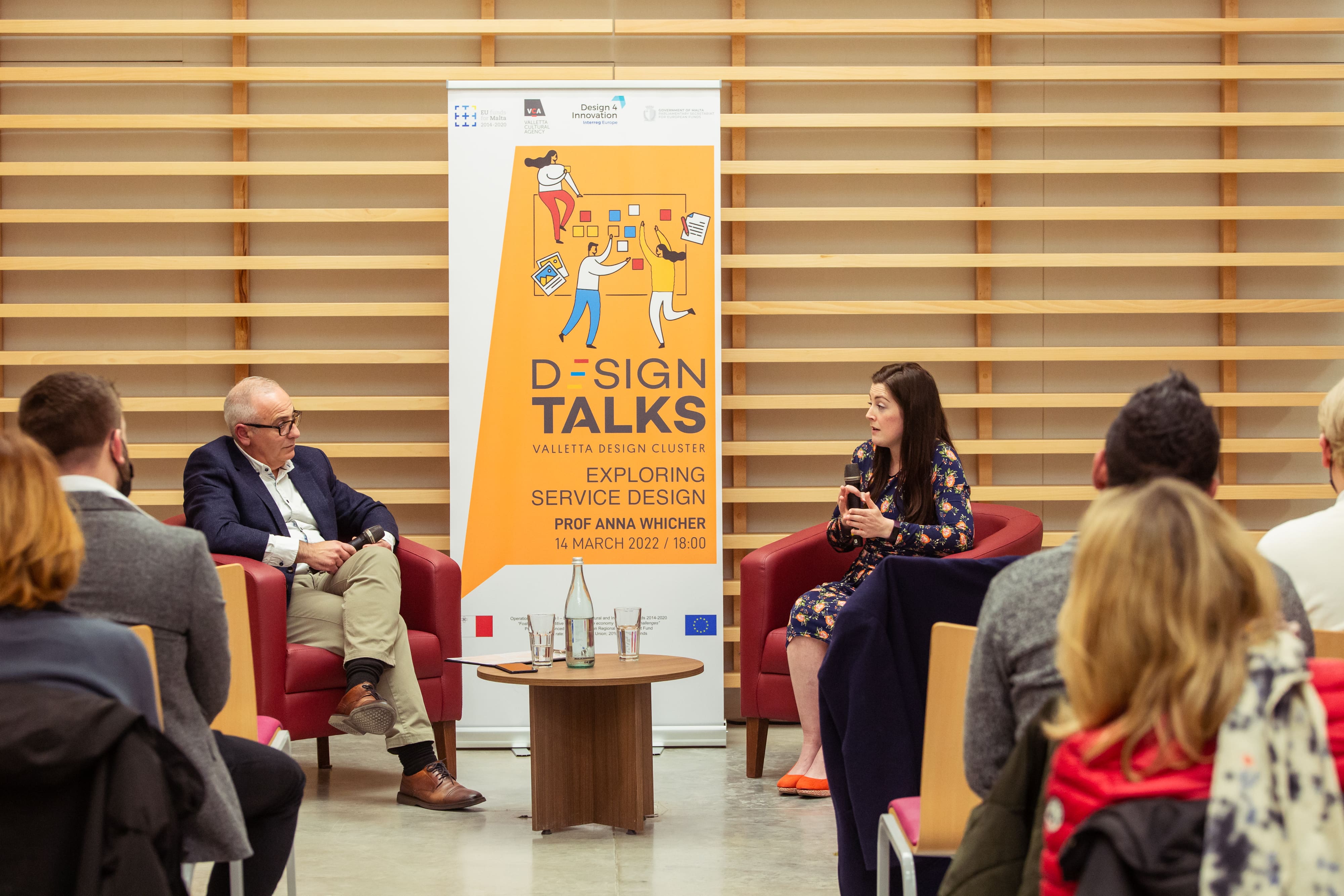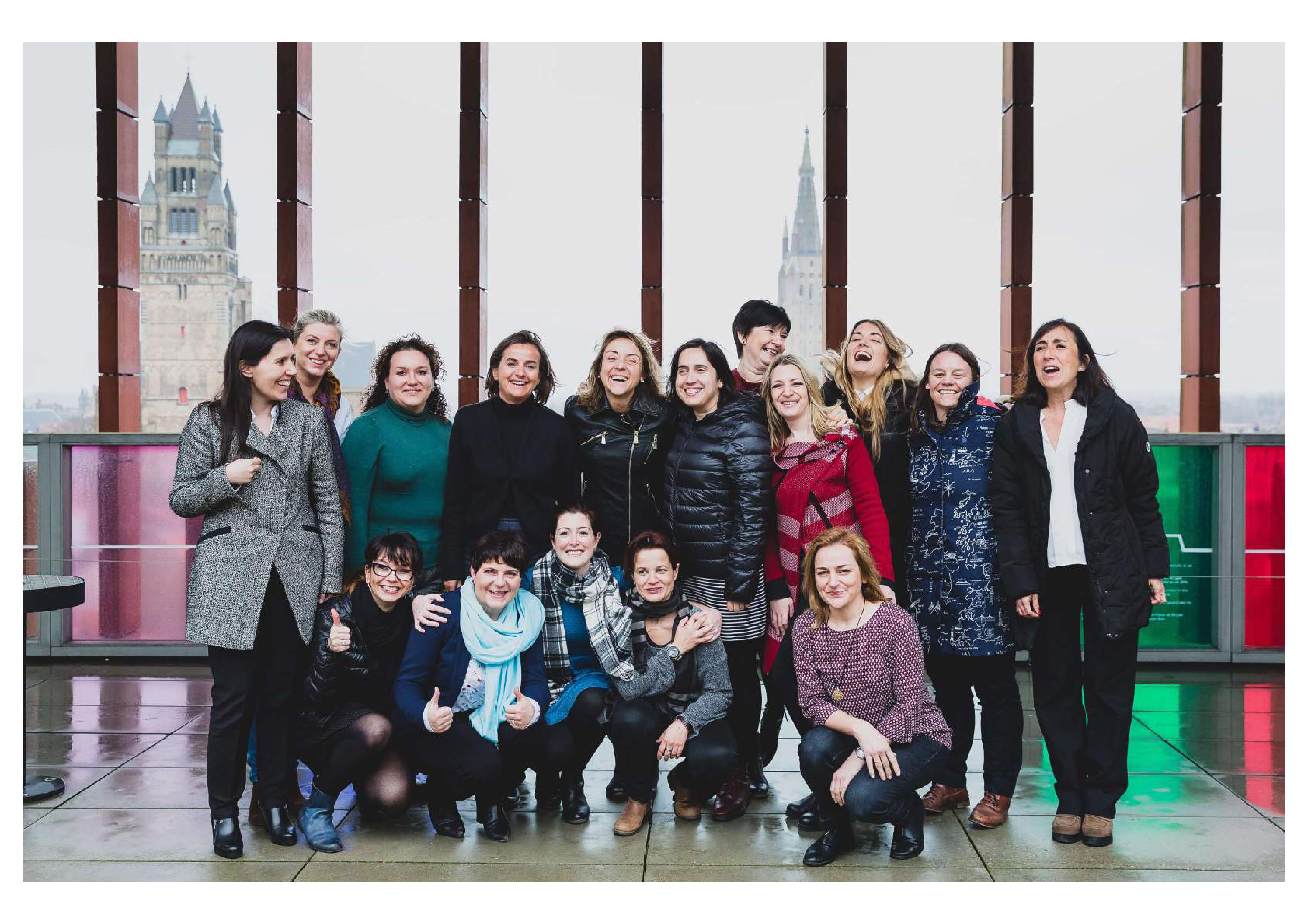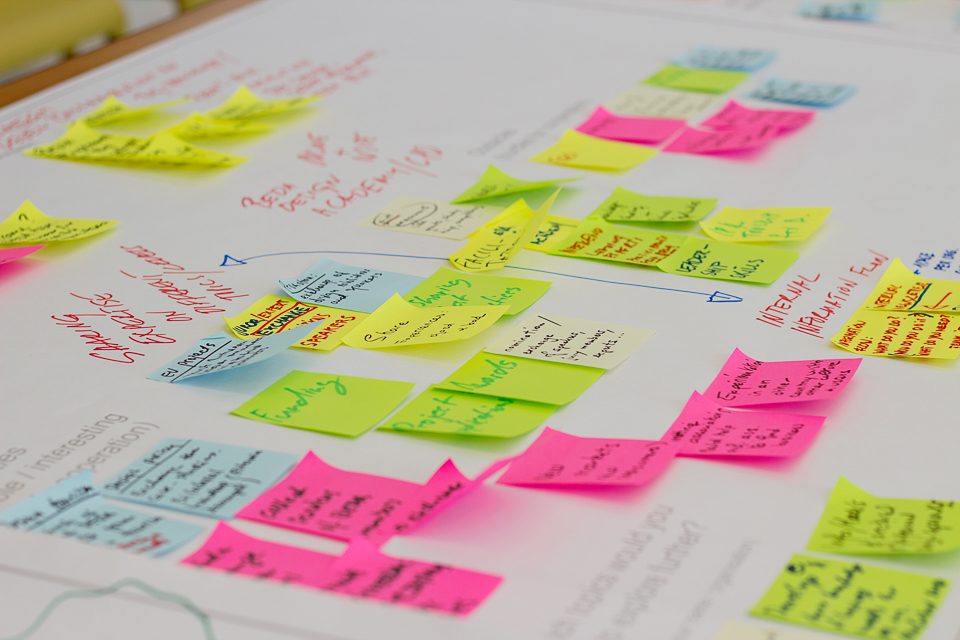The Hatchery Initiative is a series of meet-ups designed to stimulate and support local action and social innovation. In less than a year’s time, the Valletta Design Cluster will open its new facility at the Biccerija - the old abattoir in Valletta; featuring a maker-space, co-working space, community kitchen, meeting spaces, and a roof garden among others. While the building is being developed, the future community of change-makers is coming together around the Valletta Design Cluster concept and building. Together with various partners, a series of regular meet-ups (called “Hatcheries”) have sprung up, centred around five themes roughly corresponding to amenities of the future space: food; woodworking; social innovation/enterprise; education; and place-making/urban greening.
On 22nd of January, over 25 people participated in an informal “Social Enterprise” hatchery at the La Vallette Band Club in the centre of Valletta. The event was hosted by the Valletta Design Cluster, in collaboration with Szilvia Nagy from Local Operators’ Platform.
Within a “speed meeting” format, participants got to know each other while exchanging their answers to the following prompts:
- What you are good at
- What you love
- What the world needs
- What you can be paid for
We also invited participants to explored the shadow-side of these same questions, from a Maltese context:
- What we are bad at (what systems need disrupting)
- What we hate (pain-points)
- What assets we are not valorising
- What are under-tapped markets/funds

If looked from a broader perspective, the Ikigai questions can also be the foundation of a good social enterprise. This exercise emphasised that deep engagement with oneself and one’s context can allow one to tap into multiple layers of meaning/value, which in turn can lead to a more sustainable and original enterprise.
Through the event , we collected lots of data (which is still being analysed), and we received positive feedback from participants. Ultimately, we gained a clear confirmation of the community’s interest in more responsible business practices, and the demand for more spaces where people can get together to discuss issues, and mobilise to make change.

